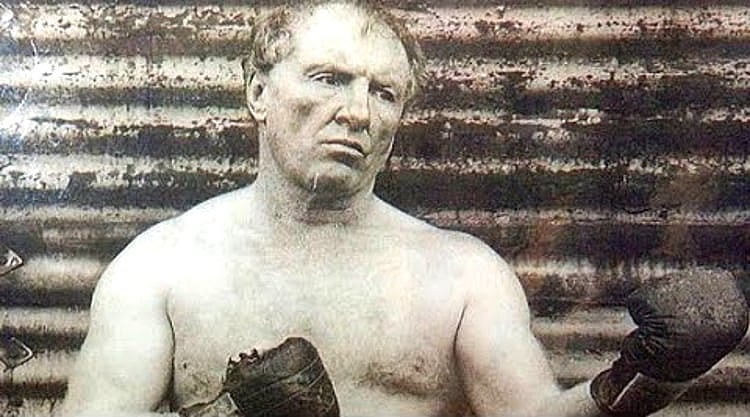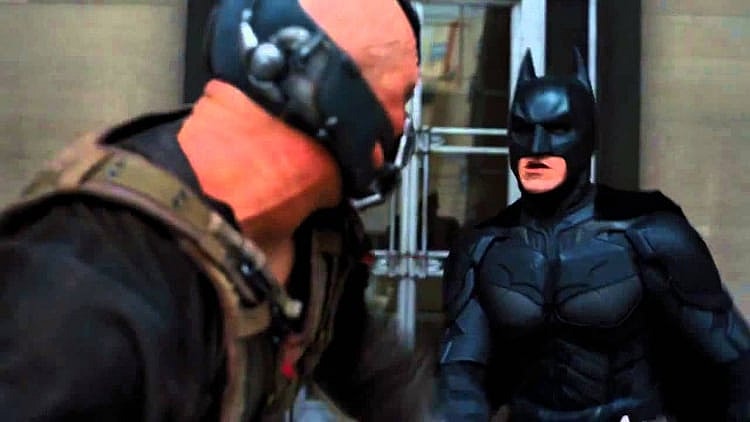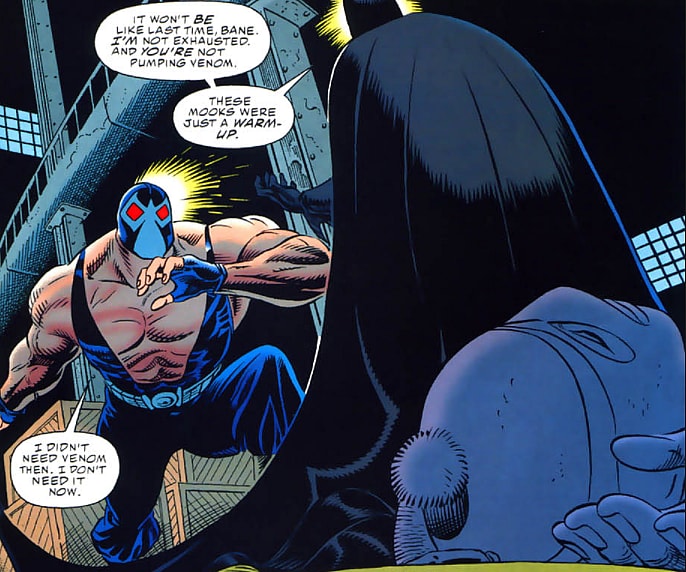Venom Actor Tom Hardy Calls Bane Latinx While Discussing the Origins Of His Voice In The Dark Knight Rises

There’s a strange and long-winded explanation for the voice Tom Hardy employed as Bane in The Dark Knight Rises that the actor shared in an interview clip also involving Andy Serkis.

When answering the Internet’s most burning questions for a segment conducted by Wired and accompanied by actor and Venom: Let There Be Carnage director Andy Serkis, Hardy went in-depth on how he and Dark Knight Rises helmer Christopher Nolan developed his accent for the traditionally Hispanic character.
Related: Andy Serkis Claims Venom: Let There Be Carnage Features Venom’s LGBTQIA “Coming Out Party”
Hardy also utilized the nontraditional descriptor “Latinx” when talking about Bane’s background any comic fan knows. “That was actually a really cool choice that Chris [Nolan] made,” Hardy said. “Bane quintessentially is Latinx in origin…and I’m not.”
He then revealed his inspiration for the unorthodox voice and delivery was the 1960s-70s bare-knuckle boxer Bartley Gorman who had been dead for ten years by the time the film was made.
“So I looked at the concept of Latin and found a man called Bartley Gorman, who’s a Romany gypsy,” Hardy continued. “The king of the gypsies, in inverted commas, is a bare-knuckle fighter and a boxer.”

Related: 12 Images From Venom: Let There Be Carnage, Plus New Details About The Plot And Characters
Giving a demonstration, he added, “And he said [doing Bane-like voice], ‘When I get into a ring with a man, and we want to wipe you off the face of the Earth, and he wants to kill me.’ And I was like this is great.”
Hardy went to Nolan and gave him the choice of doing “a sort of arch Darth Vader route, straight just neutral tone villain voice,” or going with the Gorman voice. Nolan approved of the latter and the rest was nearly history.
Before that happened, Hardy wanted Nolan to “consider the roots and origins of Bane” or else they might have gotten laughed at for what they attempted or regret it. “He says, no I think we’ll go with it. And that was that,” Hardy recalled. “And we played with it, and made it a bit more fluid, and now people love it.”

The Dark Knight Rises Bane accent has become legendary in its own right, even if it has its share of detractors and is an easy target for mockery, but it took some practice and redubbing before the muffled cadence was considered passably intelligible for theatrical release.
But that was then and right now Bane’s national origins are a bigger hurdle for people sensitive about representation, usually white Hollywood elites or actors like Tom Hardy who will push the term Latinx when Latinos largely do not use it.
Latinx wasn’t in the cultural lexicon until recently and neither were qualms about Bane’s background being a stumbling block for how certain audiences view or identify with him. They weren’t there in 2012 when Dark Knight Rises came out, in 1997 when Batman & Robin was released, or in the early 90s when Knightfall first hit shelves.

Related: Peacemaker Showrunner James Gunn Debunks Rumor Bane Will Appear In Upcoming HBO Max Series
Directed by Andy Serkis, Tom Hardy returns as Eddie Brock and the symbiote in Venom: Let There Be Carnage which is out in theaters this Thursday.
Do you think Hardy is being a little too careful or self-conscious in his commentary about Bane? Give us your comments guilt-free below.
